Introduction: The Heartbeat of Asthma Care
When we think about managing asthma, we often think of doctors, inhalers, and medications. But there’s one group that deserves just as much recognition, nurses. Whether it’s in an emergency room, a school clinic, or during a hospital stay, nurses play a critical role in helping people with asthma breathe easier and live better.
On International Nurses Day (May 12), this blog is a heartfelt thank you to every nurse who has ever helped someone manage their asthma, including me.
How Nurses Help in Asthma Management
1. Early Identification of Symptoms
Nurses are often the first to notice signs of respiratory distress, wheezing, coughing, or rapid breathing. Their ability to assess symptoms quickly can be life-saving.
2. Administering Medication in Emergencies
In school clinics or hospitals, nurses are the ones who:
- Give nebulization treatments
- Administer quick-relief inhalers
- Provide oxygen support if needed
3. Education and Awareness
Nurses educate patients (and their families) on:
- How to use inhalers correctly
- Importance of controller medication
- Identifying and avoiding triggers
This education is especially important for children, elderly patients, and those newly diagnosed with asthma.
4. Monitoring and Follow-Up
Asthma isn’t just about treating an attack, it’s about ongoing monitoring. Nurses:
- Keep track of oxygen readings
- Notice trends in worsening symptoms
- Flag when a doctor’s follow-up is needed
Nurses in India: Unsung Asthma Champions
In India, where doctor-patient ratios are often stretched, nurses carry a large part of the burden, especially in rural and government setups. They become the trusted bridge between the doctor and the patient.
In cities, many asthma patients rely on home nurses or clinic staff to:
- Administer nebulization daily
- Track medication adherence
- Accompany them to hospitals during severe attacks
For asthma in children, school nurses (where available) are often the first responders. They ensure that a child gets their inhaler, stays calm, and informs parents promptly.
My Personal Experience
I had a painful fall from the stairs that led to internal bleeding in my knee. The injury itself was terrifying, but what followed was even more difficult — the doctor had to drain a significant amount of blood before putting my leg in a plaster cast.
I thought the worst was over, but amidst the stress, pain, and fear, I suddenly found myself unable to breathe properly. It wasn’t the injury — I was having a silent asthma attack, the kind where you can’t even express what’s happening.
It was a nurse who noticed. She saw the panic in my eyes, recognized the subtle signs like shallow breathing, slight wheezing, and immediately brought me my inhaler. She stayed by my side, helped me calm down, and ensured I didn’t go into a full-blown crisis.
That day, she wasn’t just treating a patient with an injury. She was saving someone from an asthma attack that could’ve gone unnoticed. I’ll never forget her presence, her attentiveness, and her care in that moment.
Ways to Thank a Nurse This Nurses Day
- Send a message or card to a nurse who helped you or your child.
- Post a public thank you on Instagram or Twitter (tag #InternationalNursesDay).
- Donate to nursing associations or NGOs that train and support nurses in India.
- Educate others about the role nurses play in asthma care.
Conclusion: Behind Every Breath Is a Nurse Who Cared
Doctors may prescribe, but nurses practice presence. Their steady hands, watchful eyes, and comforting voices make all the difference, especially when your next breath feels uncertain. On this International Nurses Day, let’s celebrate them with the recognition they deserve.
Thank you, nurses for every puff of relief, every word of support, and every moment you’ve stood by asthma patients like me.
Please share your experience with everyone in the Asthma Friend Community.







